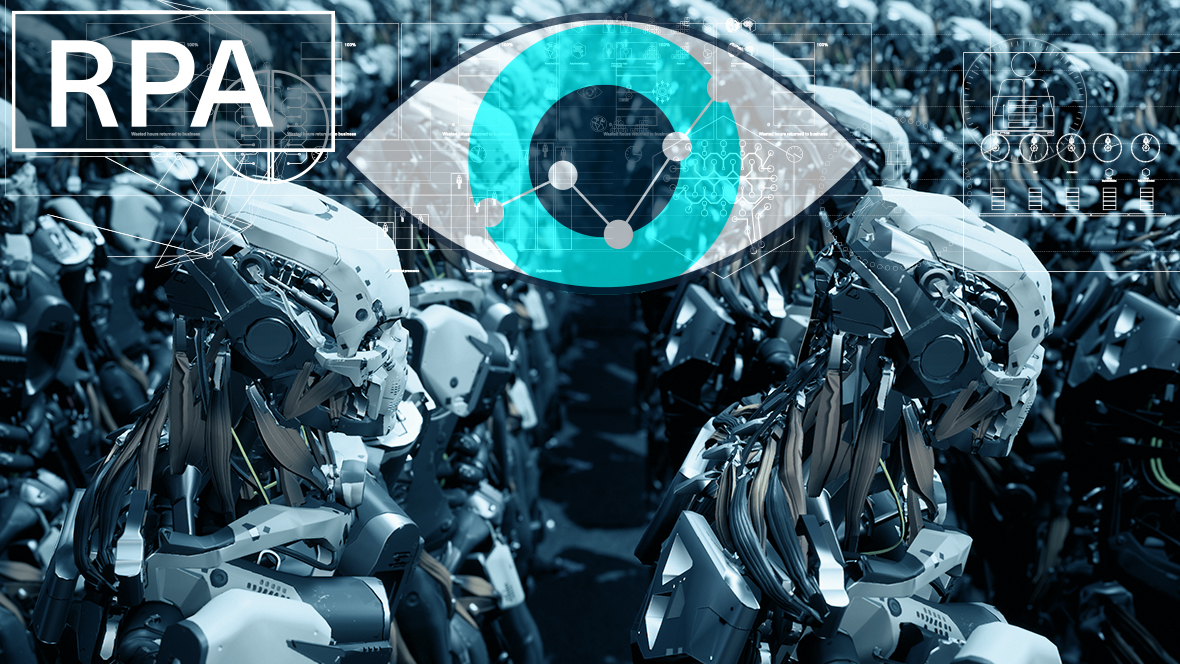What is RPA?
RPA stands for Robotic Process Automation. It’s a technology that uses software robots or “bots” to automate and streamline repetitive, rule-based tasks within business processes. These tasks are typically manual and time-consuming, often involving interactions between various software applications, systems, and data sources.

RPA bots are designed to mimic human interactions with digital systems and applications. They can perform tasks such as data entry, data extraction, calculations, form submissions, file manipulation, and more.
RPA technology is particularly useful for processes that involve transferring data between different systems, since bots can do this without the need for complex integrations or custom coding. It can offer several benefits to organizations, including:
- Increased Efficiency: RPA bots can work 24/7 without breaks, leading to faster task completion and increased productivity.
- Error Reduction: Bots perform tasks with high accuracy, reducing the risk of human errors often associated with manual data entry.
- Cost Savings: By automating repetitive tasks, organizations can reduce labor costs and free up employees for more value-added work.
- Improved Compliance: RPA can ensure that tasks are carried out consistently according to predefined rules and regulations.
- Scalability: RPA bots can be easily replicated and deployed across different processes, allowing for scalability as business needs evolve.
RPA is often used across various industries, including finance, healthcare, manufacturing, customer service, and more. It’s worth noting that while RPA is effective for rule-based tasks, it may not be suitable for processes that involve complex decision-making or tasks that require nuanced human judgment.
